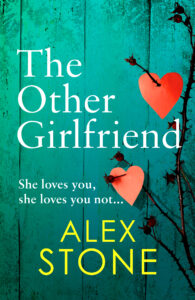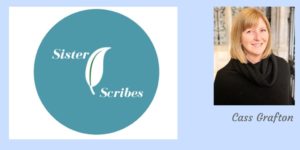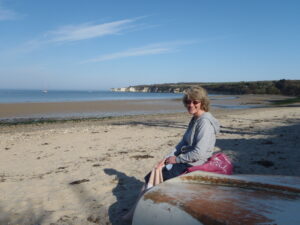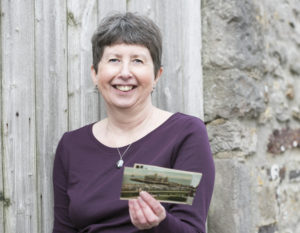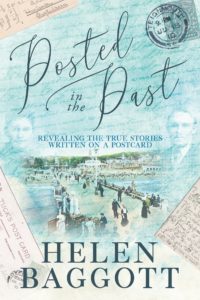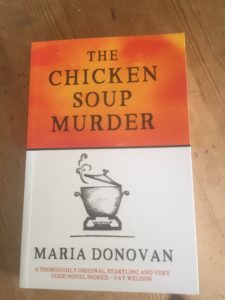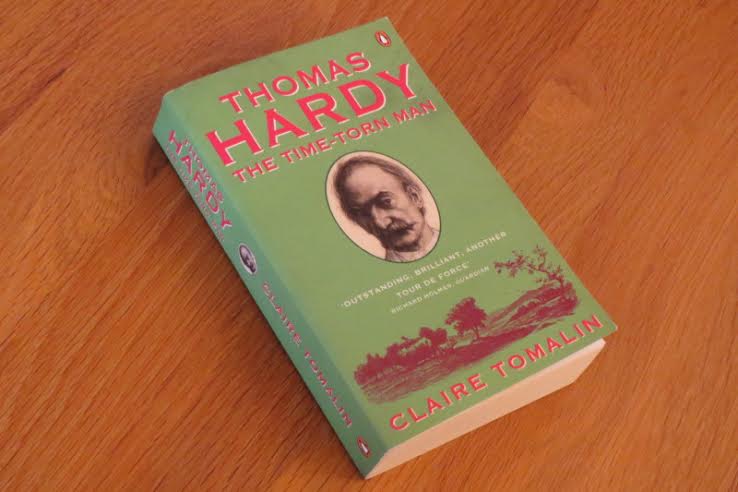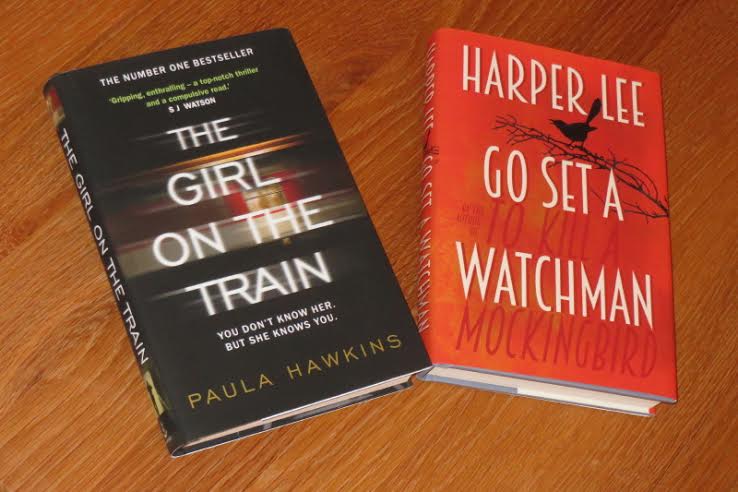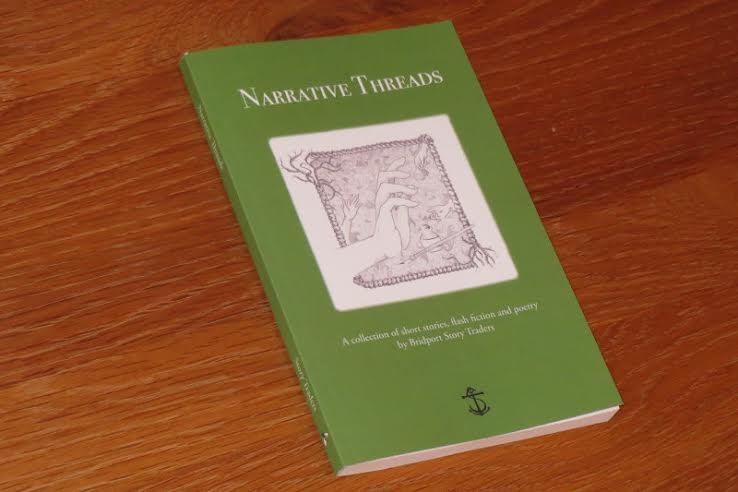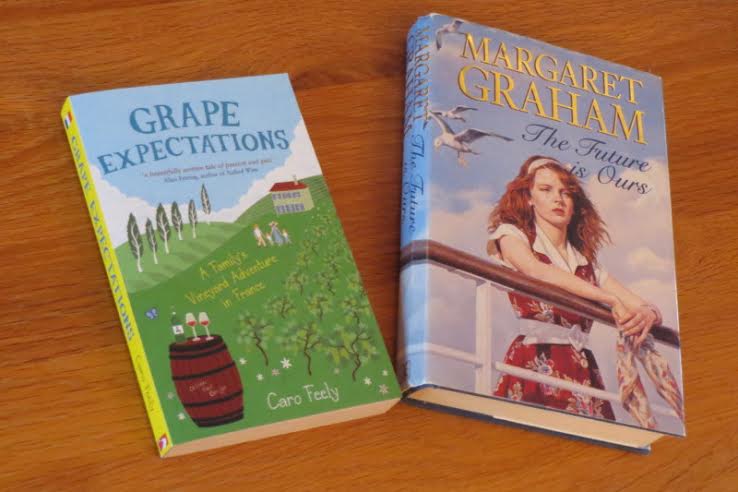I’m a big fan of Rosanna Ley’s books and this was no exception; in fact, it’s one of my favourites. The characters are instantly believable, the descriptions sumptuous and the whole story is perfectly tensioned between three viewpoint characters and two timelines.
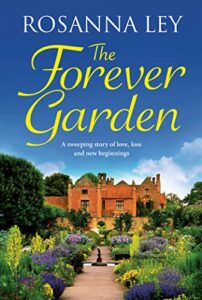 The story is told from the points of view of Lara (in the 1940s and present day), her daughter Rose, and her granddaughter Bea, and it revolves around two very special gardens. The first is in Dorset, created by Lara’s mother based on the principles of the Arts and Crafts movement. It is this garden that Lara promises her mother to protect, which is the starting point for the drama that follows. The second garden is one that Lara later creates in Puglia.
The story is told from the points of view of Lara (in the 1940s and present day), her daughter Rose, and her granddaughter Bea, and it revolves around two very special gardens. The first is in Dorset, created by Lara’s mother based on the principles of the Arts and Crafts movement. It is this garden that Lara promises her mother to protect, which is the starting point for the drama that follows. The second garden is one that Lara later creates in Puglia.
The relationships between the women – and their gardens – are beautifully drawn. That Lara left the Dorset garden behind is evident from the outset, but in the hands of such a skilled storyteller, my desire to find out the whys and wherefores made it hard to put the book down. The Forever Garden will not only transport you from Dorset to Italy and back, it’s a journey you cannot fail to enjoy.
I was so entranced by the gardens that I asked Rosanna what her inspiration for them had been, and what her own Dorset garden is like:
I’ve always loved gardens. My parents were both keen gardeners and I have happy memories of running around our back garden as a child, playing out imaginary stories, dodging amongst my mother’s washing pegged out on the line and my father’s precious raspberry canes and gooseberry bushes.
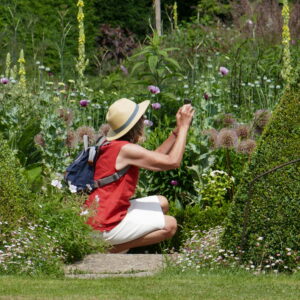 Our own garden here in Dorset is not large but it wraps around the house and so I feel cocooned and sheltered – which is good as we live near the sea and it can be very windy! Because of the sea air I have plants that can withstand these conditions such as lavender, rosemary, thrift, hollyhocks and erigeron daisies. I am a fan of the cottage garden and of fragrant plants that attract insects, butterflies and bees – natural gardens and wild gardens. The garden also has two bird baths, two tamarisk trees, a pergola of clematis, honeysuckle and roses and a couple of places to sit and write or think in. And we are very lucky because it also has a sea view…
Our own garden here in Dorset is not large but it wraps around the house and so I feel cocooned and sheltered – which is good as we live near the sea and it can be very windy! Because of the sea air I have plants that can withstand these conditions such as lavender, rosemary, thrift, hollyhocks and erigeron daisies. I am a fan of the cottage garden and of fragrant plants that attract insects, butterflies and bees – natural gardens and wild gardens. The garden also has two bird baths, two tamarisk trees, a pergola of clematis, honeysuckle and roses and a couple of places to sit and write or think in. And we are very lucky because it also has a sea view…
I was inspired to write about an Arts & Crafts garden after I visited Barrington Court in Somerset. The gardens there were laid out in the 1920’s to a structured design influenced by the famous Arts & Crafts garden designer Gertrude Jekyll. She believed passionately in the beauty of the natural landscape and – like me – valued the ordinary plants familiar to gardeners today, such as hostas, lavender and sweet-scented old-fashioned roses.
 I immediately loved the Arts & Crafts concept of the garden being a continuation of the house, and of that garden being made up of several small rooms – each one with its own character and flavour. After all, when we go into a garden, we don’t always want to do the same thing. We might want to grow vegetables and be in the mood for some hard-core digging, or we might want to sit quietly in a soft and beautiful space that enables us to reflect, read a good book or just watch the birds go by.
I immediately loved the Arts & Crafts concept of the garden being a continuation of the house, and of that garden being made up of several small rooms – each one with its own character and flavour. After all, when we go into a garden, we don’t always want to do the same thing. We might want to grow vegetables and be in the mood for some hard-core digging, or we might want to sit quietly in a soft and beautiful space that enables us to reflect, read a good book or just watch the birds go by.
In an Arts & Crafts garden, plants are sometimes chosen for their colour. A white garden, for example, can create a sense of tranquillity through the green of the foliage and the white flowers which are often considered healing for the mind and spirit. Or they might be chosen according to season. In ‘The Forever Garden’ there is a spring garden full of early bulbs such as daffodils and tulips which represents hope and new beginnings; this symbolism becomes very important to Lara in the story.
I like to think of the ‘Forever Garden’ as an important character in the book. For Lara it is both prison and sanctuary. The garden saves her and it also sets her free.



